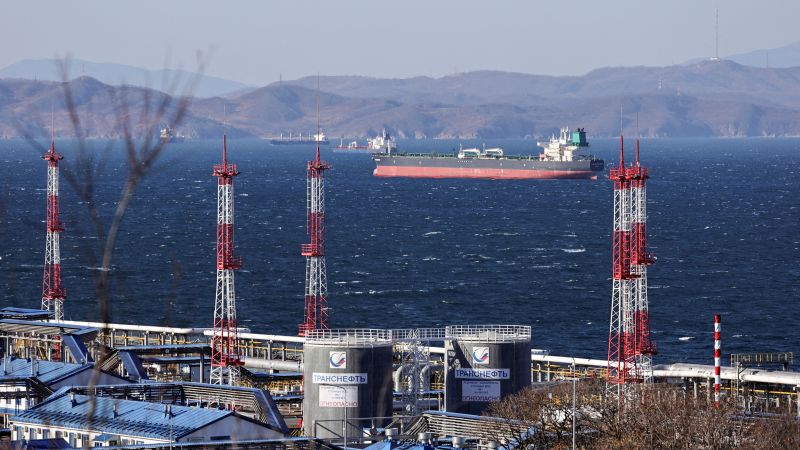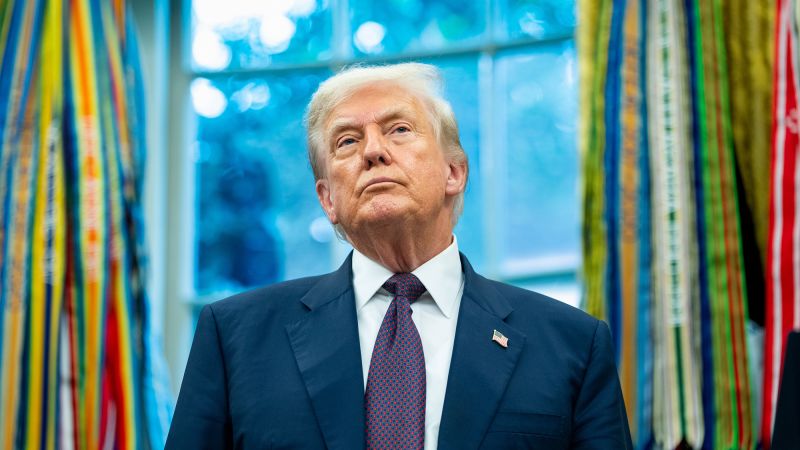
Chinese Refineries Shift Towards Russian Oil Amidst Changing Global Dynamics
World | 8/20/2025
Chinese refineries have strategically pivoted towards procuring Russian oil amidst a shift in global oil demand dynamics. This move comes in response to a decline in Indian interest in Russian crude following the imposition of tariffs by President Donald Trump. The redirection of oil flows underscores the intricate interplay between geopolitical factors and market forces shaping the energy landscape.
Unnamed industry insiders revealed that Chinese refineries have ramped up their purchases of Russian oil, signaling a strategic realignment in their energy sourcing strategies. This uptick in acquisitions is a direct result of the waning demand from India, which has been a significant importer of Russian crude in the past. The Trump administration’s tariff threats have evidently influenced market behaviors, prompting key players to reassess their trade relationships and supply chains.
The current scenario reflects the complex web of international trade relationships and the ripple effects of political decisions on the global energy market. While the Chinese refineries’ shift towards Russian oil may bolster Moscow’s position as a key energy supplier, it also highlights the susceptibility of oil trade to external factors such as tariffs and geopolitical tensions.
Legal and historical context suggests that trade disputes and tariff mechanisms have historically impacted global oil flows and market dynamics. The recent developments involving Chinese refineries and Russian oil purchases further underscore the intricate balance of power in the international oil trade arena, with implications for both producers and consumers alike.
In conclusion, the strategic maneuvers of Chinese refineries to secure Russian oil amidst changing demand patterns from India underscore the nuanced interplay of geopolitical influences and market dynamics in shaping global energy trade. The evolving landscape highlights the need for stakeholders to navigate geopolitical uncertainties and trade complexities to ensure a stable and sustainable energy supply chain for the future.


